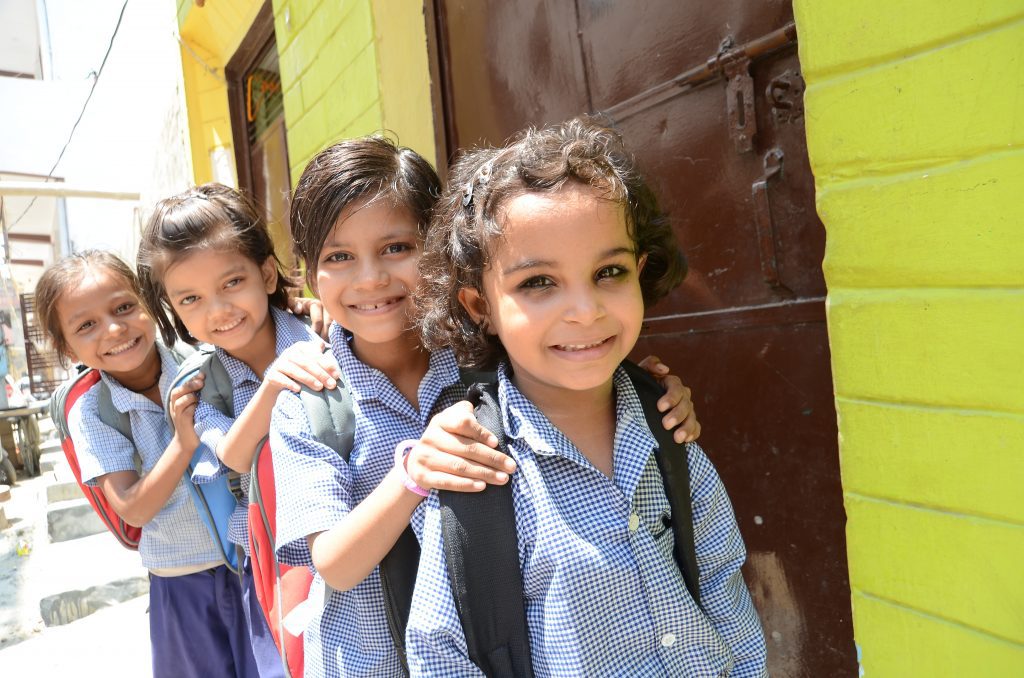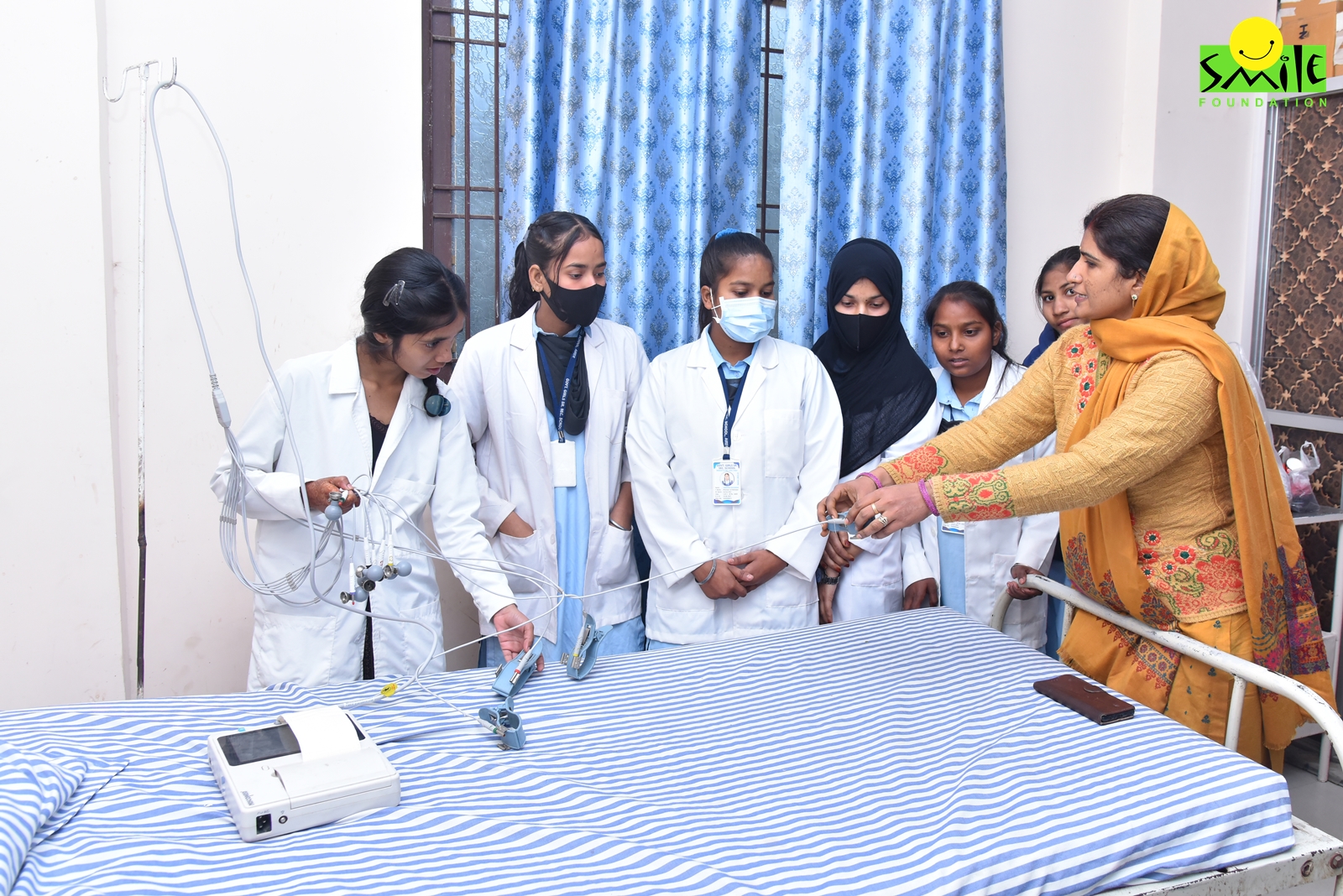The educational journey of girl children in India has undergone a remarkable transformation, navigating persistent challenges and making progressive strides. Hindered historically by socio-cultural norms and gender disparities, the narrative has gradually shifted towards empowerment, thanks to dedicated efforts from various stakeholders. Government initiatives, non-governmental organizations, and grassroots movements have played pivotal roles in breaking down barriers and providing educational opportunities for millions of girls.
The significance of girl child education extends beyond individual development; it acts as a catalyst for broader societal and economic changes. Recognized not only as a means to impart knowledge and skills, education emerges as a powerful force challenging stereotypes, promoting gender equality, and reshaping societal attitudes. As policy changes and community engagement initiatives gain momentum, the educational landscape is witnessing a positive transformation.
From grassroots efforts empowering local communities to national campaigns aimed at bridging gender gaps, the evolving narrative reflects a commitment to inclusivity, enlightenment, and empowerment. The resilience displayed by girls pursuing education in the face of adversity highlights the profound impact of education on individual lives and the collective progress of the nation.
Acknowledging the pivotal role education plays in shaping the destiny of individuals and communities, the Indian government has instituted various financial incentive schemes tailored to encourage the enrolment, retention, and successful completion of education by the girl child. These financial incentives are not just monetary transactions; they represent strategic investments in the future of the nation.
Cash incentive programs have notably shifted parental attitudes towards marriage and education, making girls less burdensome in the eyes of parents. Economic incentives for girls have accelerated positive change at both the family and community levels, demonstrating their potential as catalysts for transformative change.
The relationship between girl-child education and socio-economic development stands as a cornerstone in India’s pursuit of progress and equality. A substantial body of evidence demonstrates the positive correlation between girl-child education and economic growth, as educated girls contribute significantly to productivity and innovation. Increasing female labour force participation is associated with higher Gross Domestic Product (GDP) and improved economic outcomes for the nation.
The nexus between education and entrepreneurship further underscores the economic benefits, making the case for empowering girls through education as a potent catalyst for dismantling ingrained gender disparities. Educated girl children in India, beyond empowerment, are more likely to participate in decision-making processes, contributing to a more equitable distribution of power.
Girl-child education emerges as a critical tool in breaking the shackles of poverty, with economic upliftment positively influencing the overall well-being of communities. Educated mothers make informed decisions regarding healthcare, leading to better health outcomes and reduced healthcare expenses for families. Additionally, educated women play key roles in improving maternal and child health outcomes, contributing to reduced mortality rates.
An intriguing aspect lies in the connection between girl-child education and population control. Educated girls tend to marry later and delay childbirth, contributing to efforts aimed at demographic stabilisation. This demographic transition has far-reaching implications for sustainable development and resource management. Education acts as an impetus for cultural shifts, challenging discriminatory practices, and fostering a more inclusive and tolerant society.
Investing in the education of girls emerges not only as an ethical right but as an indispensable strategy for fostering a more prosperous, equitable, and empowered nation. The evidence highlights the transformative impact of education in fostering gender equality and societal well-being, making a compelling case for continued and intensified efforts in advancing girl-child education in India.
Learn more about Smile Foundation!









